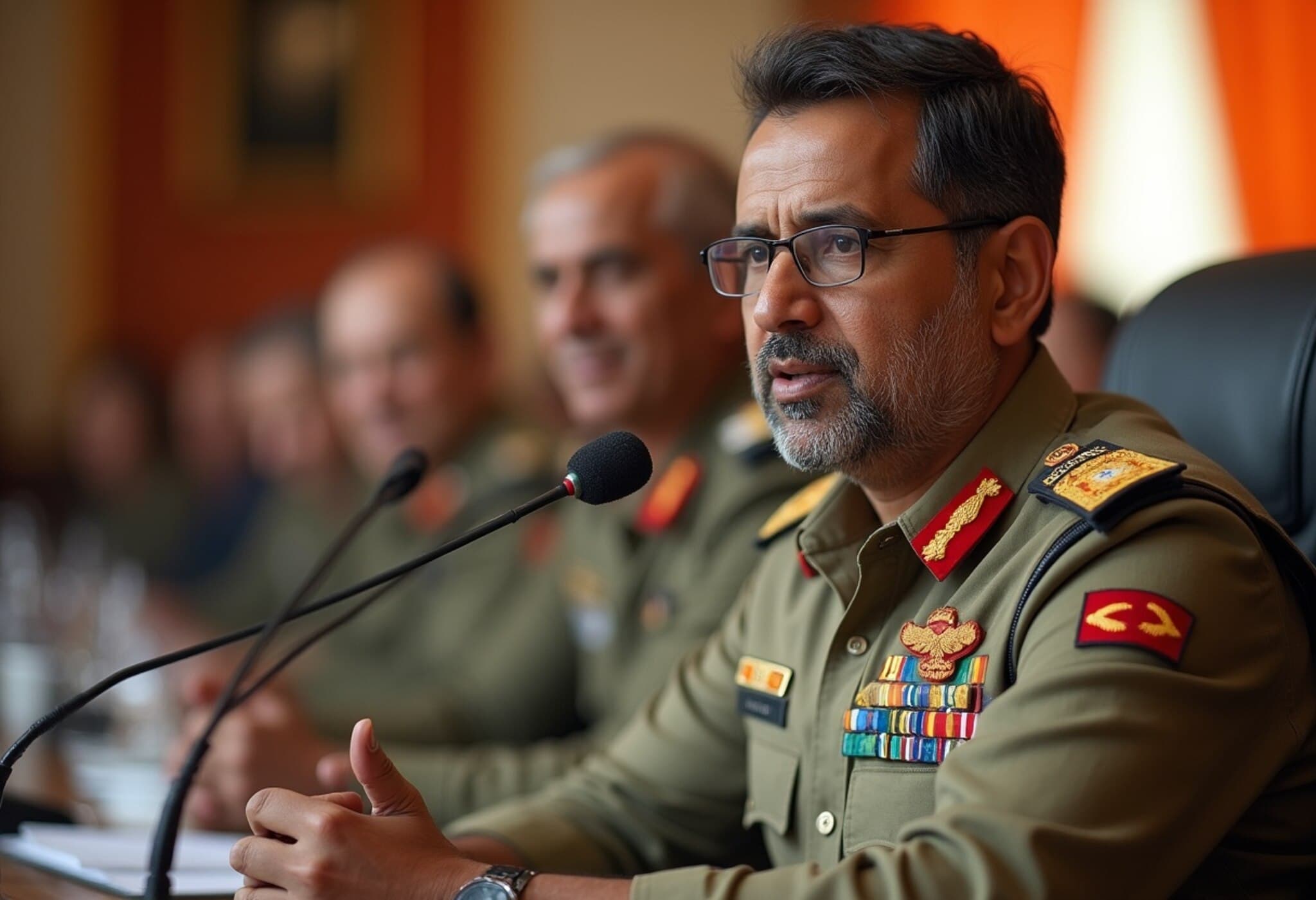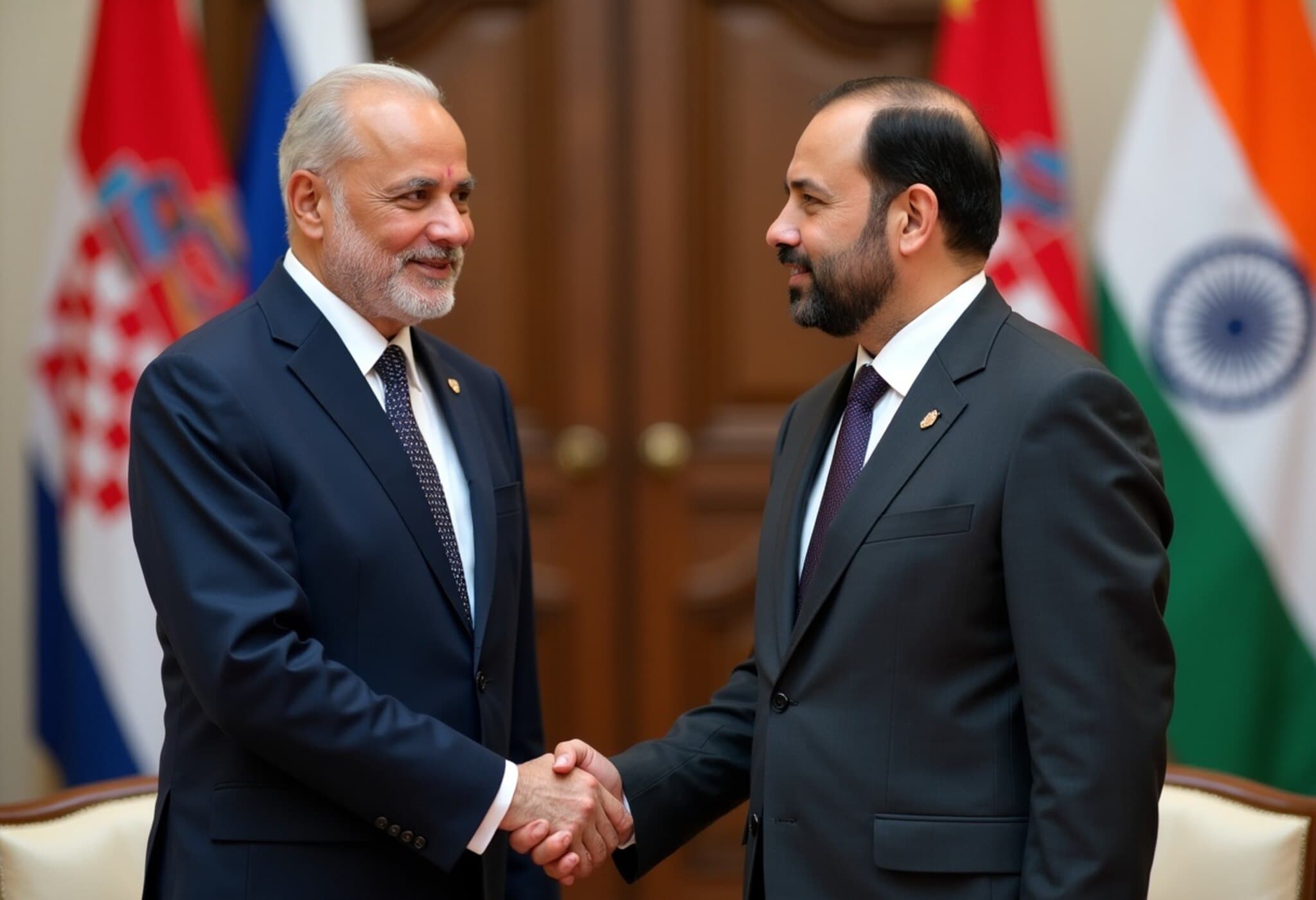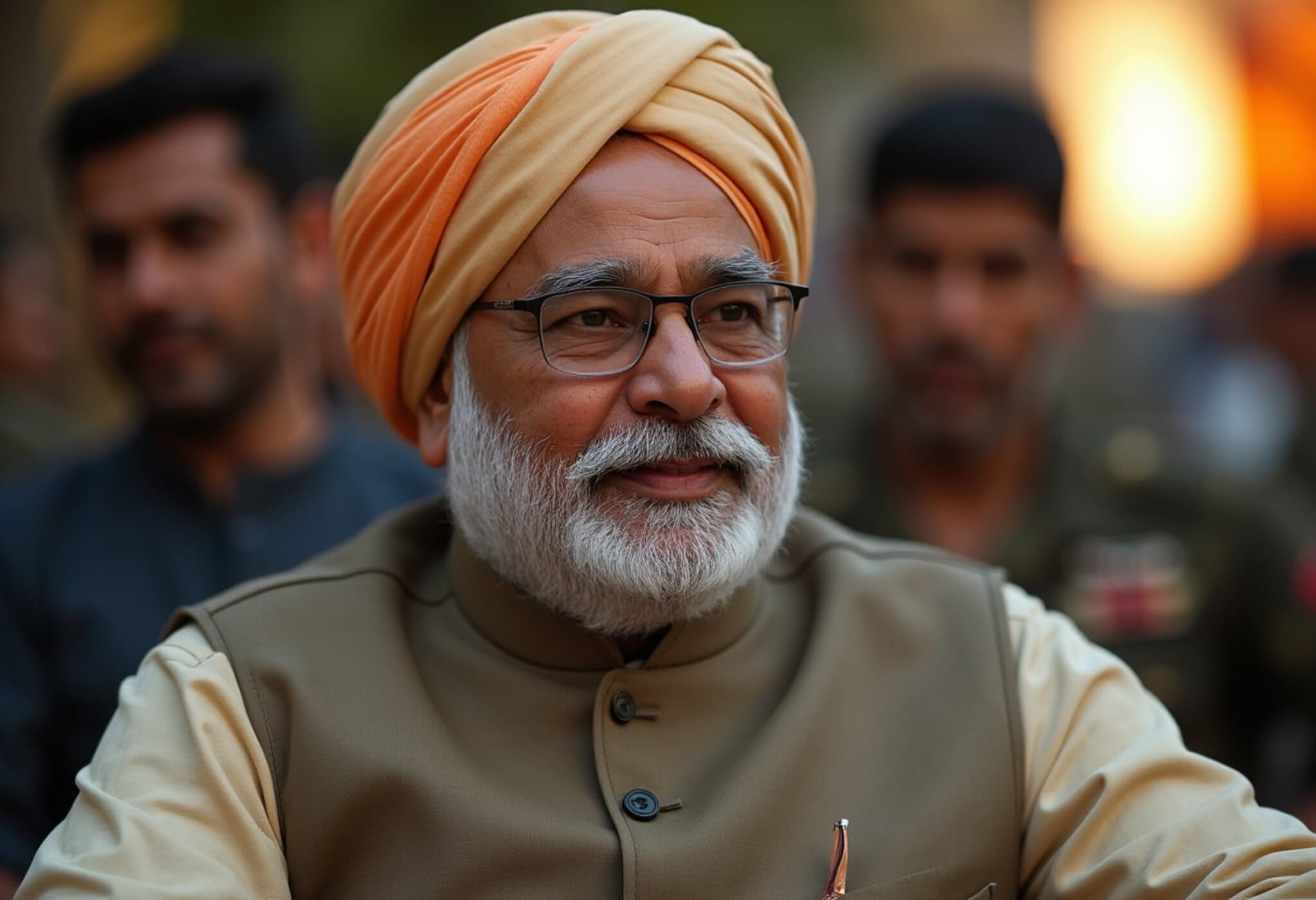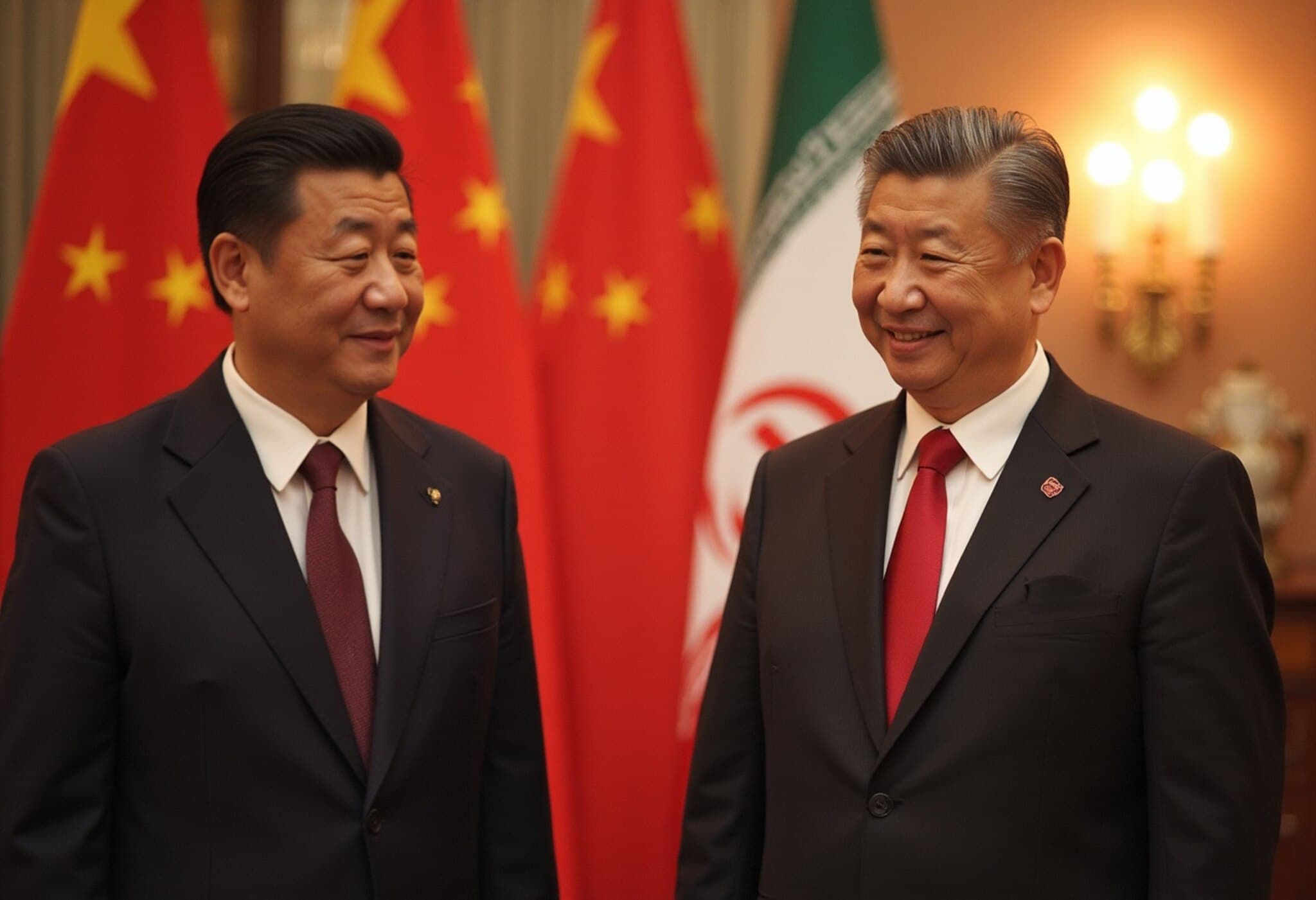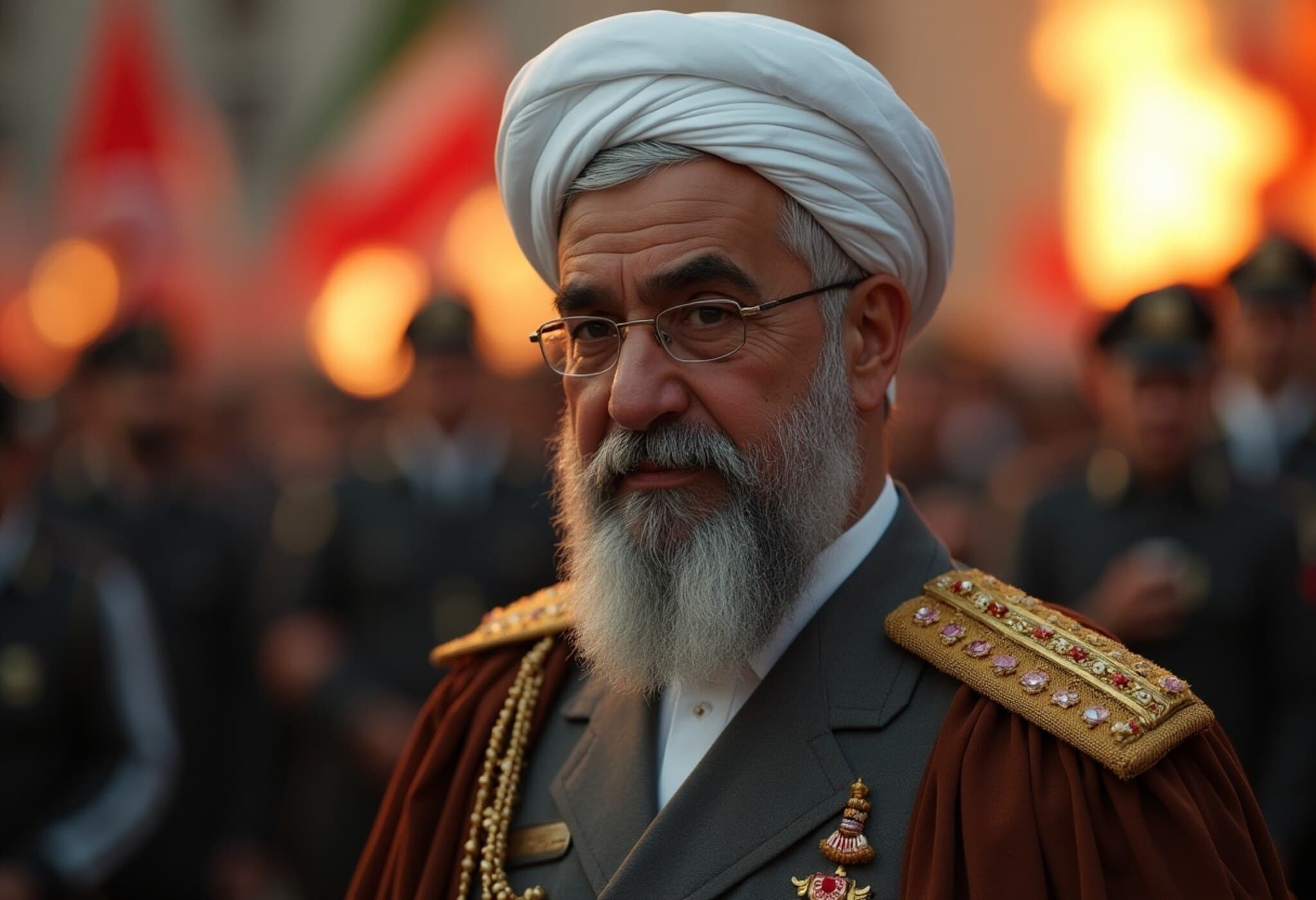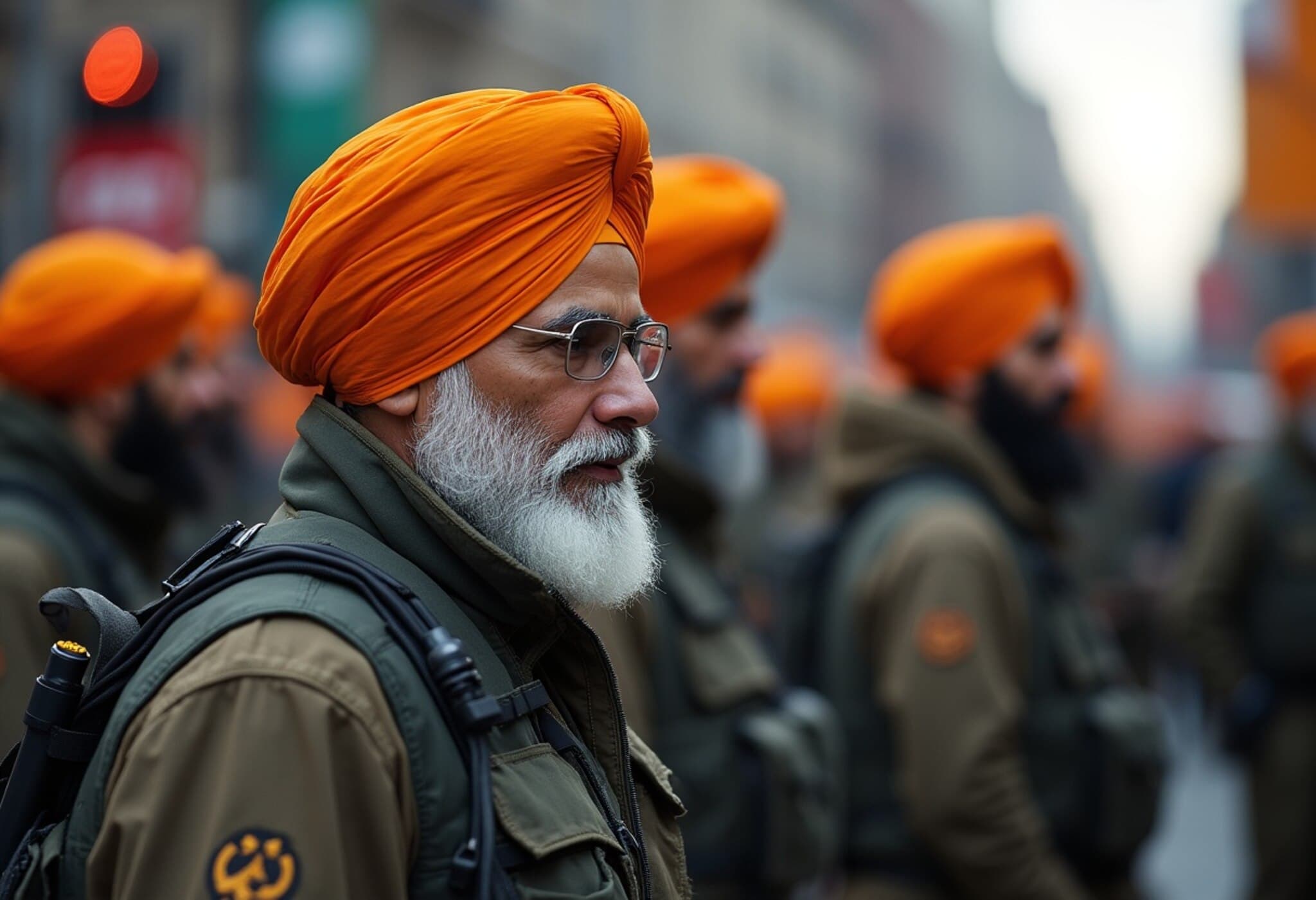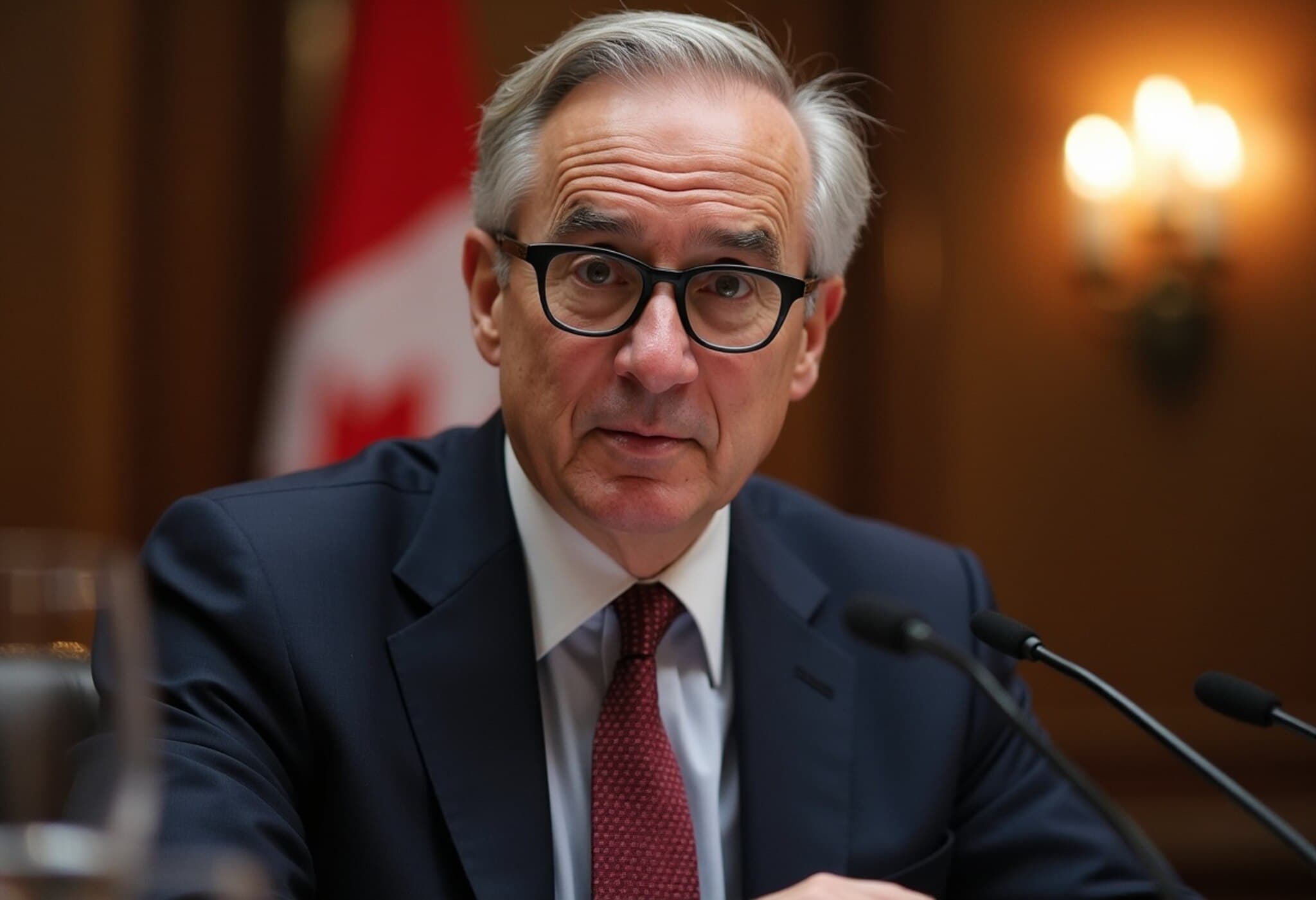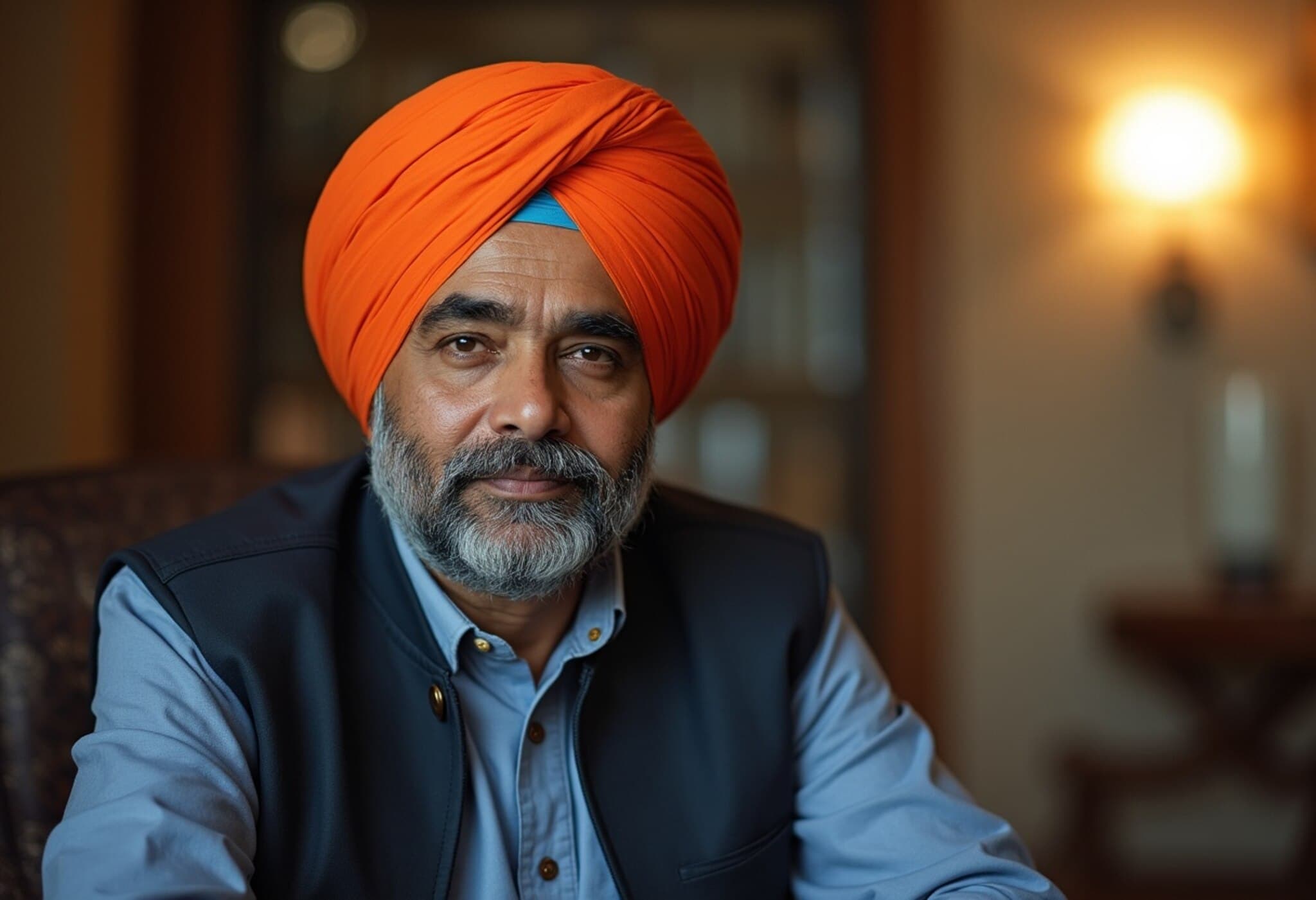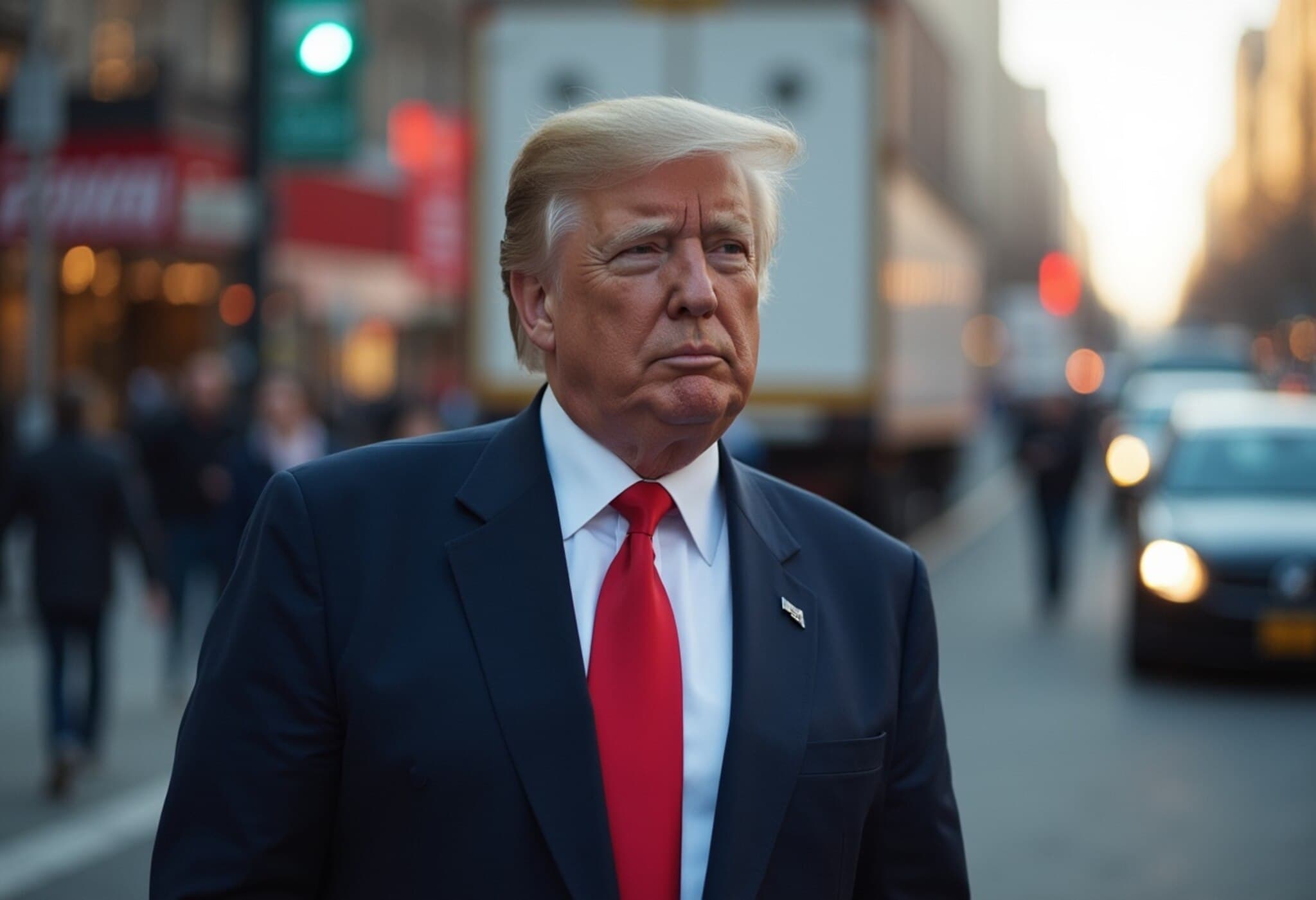Canada's Intelligence Highlights Khalistani Extremist Activities
A Canadian intelligence report has brought into focus the presence of Khalistani extremists within its borders who are reportedly using the country as a hub for promotion, fundraising, and planning violent activities primarily targeting India. This disclosure sheds light on ongoing tensions between Canada and India following the high-profile killing of Hardeep Singh Nijjar, a Canadian national and Khalistan advocate, which has fueled diplomatic strains.
Background: A Strained Diplomatic Landscape
The Canadian Security Intelligence Service (CSIS) report, published recently, confirms that only a small faction of individuals are associated with Khalistani extremist activities in Canada. These extremists have long been under scrutiny, with their roots tracing back to the mid-1980s. The Khalistan separatist movement, which demands the creation of an independent Sikh homeland, remains a flashpoint between the two countries.
Relations between India and Canada deteriorated notably after the murder of Nijjar two years ago on Canadian soil. Nijjar was designated a terrorist by India, and Canada's former Prime Minister publicly implicated Indian government involvement—a claim that prompted a diplomatic standoff. More recently, India’s Prime Minister and Canada’s Prime Minister met during the G7 summit, aiming to repair ties, but core concerns persist.
Key Insights from the CSIS Report
- The report distinguishes between non-violent support for Khalistan, which is not deemed extremist, and politically motivated violent extremism (PMVE), which includes activities aiming to incite violence.
- CSIS highlights that Khalistani extremist threats have manifested primarily through Canadian-based actors since the 1980s.
- Despite no reported Khalistani extremist attacks in Canada in 2024, perceived and real threats stemming from these groups have intensified India’s foreign interference concerns.
- Historical tensions date back to incidents like the 1985 Air India bombing, which links terrorist actions to these separatist elements.
- Recent investigations by Canadian authorities into Nijjar’s killing have found evidence indicating links to the Indian government, marking a significant escalation in India's efforts to suppress Khalistan movements abroad.
Foreign Interference: An Ongoing Challenge
The report also sheds light on broader foreign interference in Canada’s democratic processes. It references public inquiry hearings from early 2024 that revealed not only India's involvement but also Pakistan's activities aimed at countering India's global influence. Canada is urged to maintain vigilance against such foreign interference, which threatens its national security and democratic integrity.
Looking Ahead: Navigating Complex Relations
While efforts are underway at high political levels to ease tensions, the intelligence report warns that the nexus of Khalistani extremism and foreign state-sponsored interference continues to pose challenges. For Canada, balancing civil liberties, diplomatic relations, and national security remains a delicate act as it confronts this multifaceted issue.



